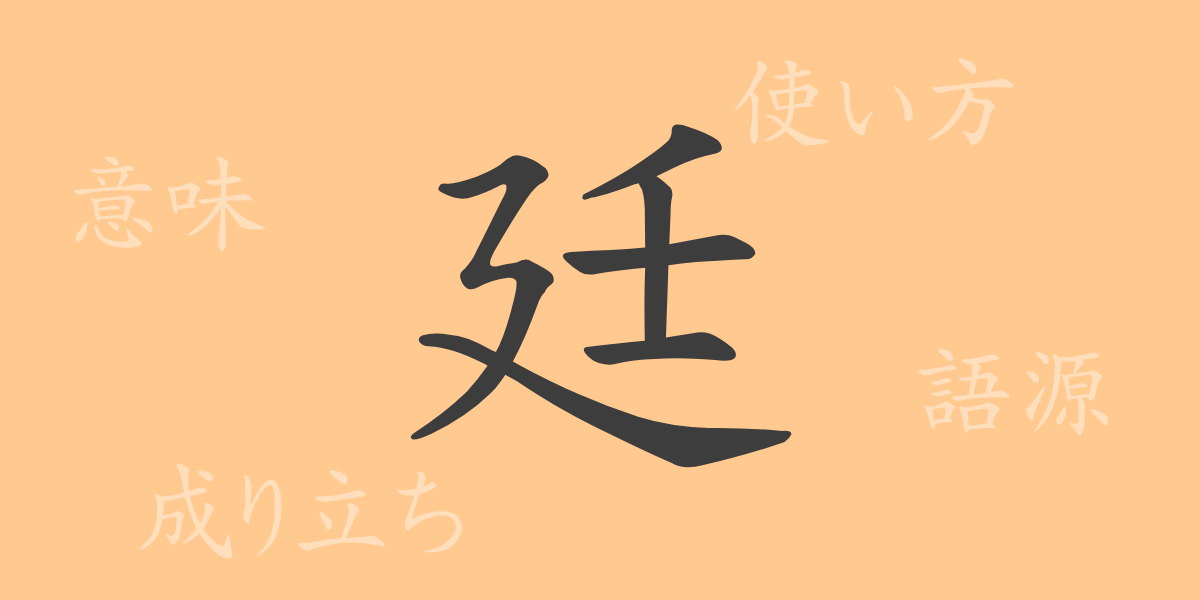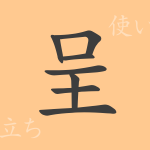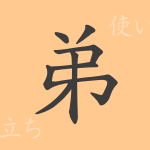Kanji, deeply embedded in Japanese culture, reflects more than mere symbols—each character bears a rich history and cultural significance. Among these, the kanji ‘廷(テイ)’ resonates deeply with our everyday language. This article delves into the origins, meanings, usages, readings, stroke counts, and radicals of ‘廷’, exploring its application in idioms and proverbs, thereby uncovering the intricacies of this common kanji and its profound cultural ties.
Origins of ‘廷(テイ)’
The kanji ‘廷’ originated in ancient China, initially representing palace courtyards or courts. Composed of the radicals ‘廴(エンニョウ)’ and ‘廾(キョウ)’, ‘廴’ signifies extension, while ‘廾’ represents hands, symbolizing the king’s authority reaching out to embrace his people in a court setting. This etymology underscores ‘廷’ as a symbol of authority and gathering.
Meaning and Usage of ‘廷(テイ)’
Today, ‘廷’ primarily denotes courts and royal courts in Japanese, encompassing terms like ‘廷内(テイナイ)’ and ‘廷臣(テイシン)’ to describe the inner realms of a court or its servants, respectively. Metaphorically, ‘廷’ also conveys grandeur or official settings, reflecting its historical roots in authority and governance.
Readings, Stroke Count, and Radical of ‘廷(テイ)’
The kanji ‘廷’ is integral to Japanese, familiar in both formal and historical contexts:
- Reading: On’yomi (Sino-Japanese reading) ‘テイ’, with no Kun’yomi (native Japanese readings).
- Stroke Count: ‘廷’ consists of 7 strokes.
- Radical: Its radical is ‘廴(エンニョウ)’, associating it with concepts of extension and breadth.
Phrases and Idioms Using ‘廷(テイ)’
Various idioms and proverbs include ‘廷’, each reflecting aspects of Japanese history and culture:
- 宮廷(キュウテイ): Refers to the imperial court or palace.
- 法廷(ホウテイ): The courtroom where judicial proceedings occur.
- 廷臣(テイシン): Courtier or a court official.
- 廷議(テイギ): A council or meeting held by high officials or within a royal court.
Conclusion on ‘廷(テイ)’
The kanji ‘廷’ has evolved from its ancient Chinese origins, symbolizing royal and legal authority, to its modern implications in Japan. It plays a crucial role in describing places of power and is prevalent in expressions related to historical or authoritative contexts. Understanding ‘廷’ provides deeper insights into both the language and the cultural ethos of Japan, illustrating how each kanji encapsulates layers of history and cultural significance, making it more than just a character in the lexicon.

























